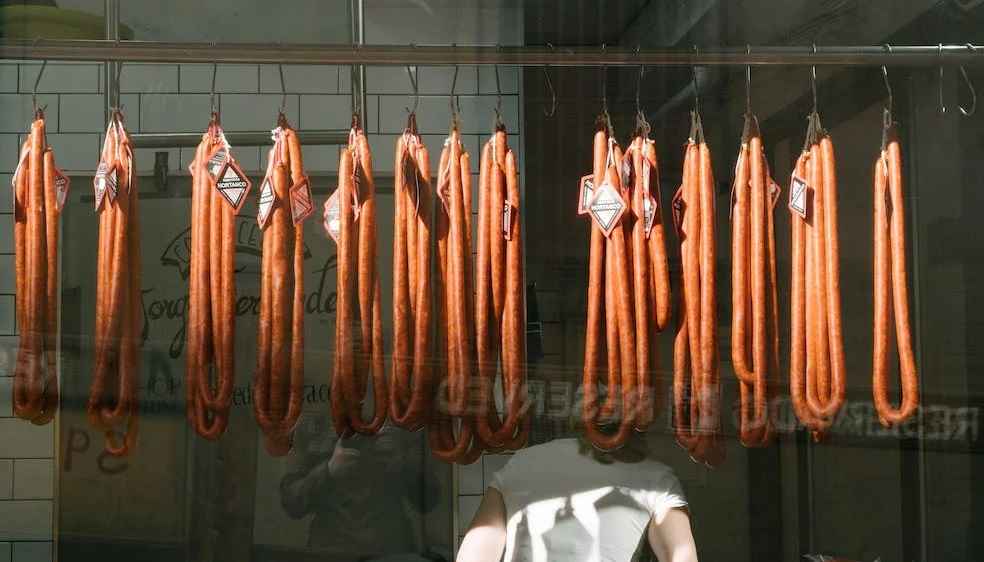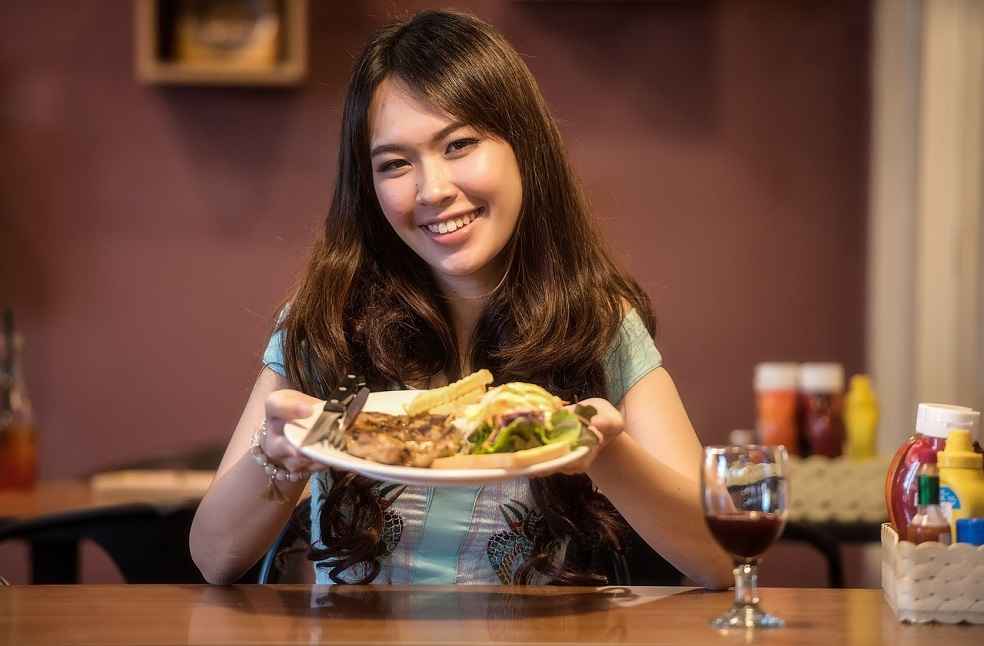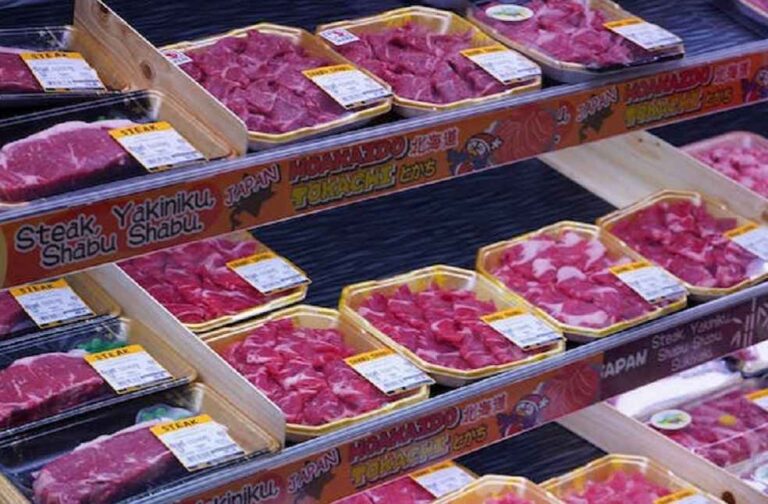The global pork market presents a mixed outlook, with positive factors tempered by significant risks. A recent report by Rabobank highlights this duality.
Supportive Factors
Lower feed costs are poised to drive farming expansion, with Rabobank forecasting a rise in pork consumption in the latter half of 2024, driven by seasonal demand. Chenjun Pan, a senior analyst at Rabobank, underscores the benefits of abundant global supplies of grains and oilseeds, which are expected to maintain low feed prices. This favorable cost environment supports herd expansion and boosts farming profitability.
Ongoing Challenges
Despite these positive indicators, several challenges remain. Disease pressures and trade vulnerabilities, particularly China’s antidumping probe into EU pork imports, pose major risks. Launched in June, this investigation could disrupt the EU market and create a global ripple effect.

Pan warns that a suspension of EU exports or the imposition of high tariffs could reroute global pork trade flows. China might seek new suppliers, while EU exports could target alternative regions. Discounted EU pork products might force importing countries to protect local producers, potentially shifting traditional trade partners towards cheaper options.
Geopolitical Influences
The US-China trade war, ongoing since 2018, has already reshaped global pork trade dynamics. Higher tariffs have diminished the United States’ competitiveness with China, positioning Brazil as a major beneficiary. The upcoming US presidential election introduces further uncertainty, with potential changes in US trade policies impacting global trade patterns.

Pan notes that many governments, responding to trade disruptions and geopolitical complexities, are bolstering domestic production to increase self-sufficiency and reduce import reliance.
Regional Variations
Rabobank’s report indicates varied regional impacts. The EU and the US might see slight increases in pork supply, whereas China, Vietnam, and the Philippines could face tight supplies due to disease outbreaks. Pan anticipates faster-than-expected sow herd recovery in the EU and China, with productivity gains persisting despite recurrent disease issues.
FINTECH | Russia Legalizes Crypto for Global Payments to Counter Western Sanctions



